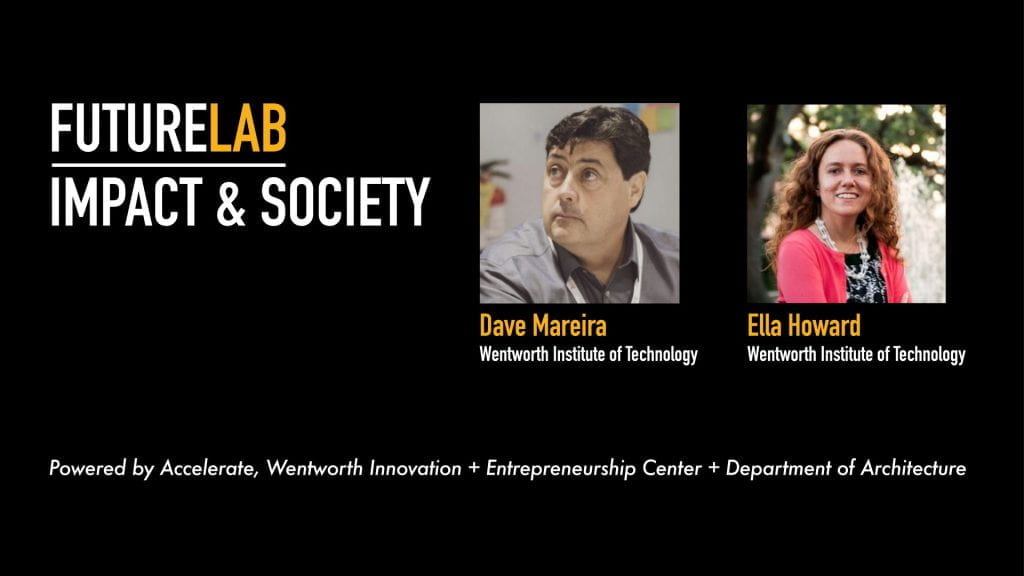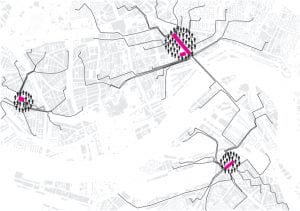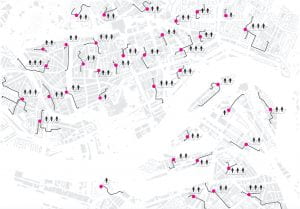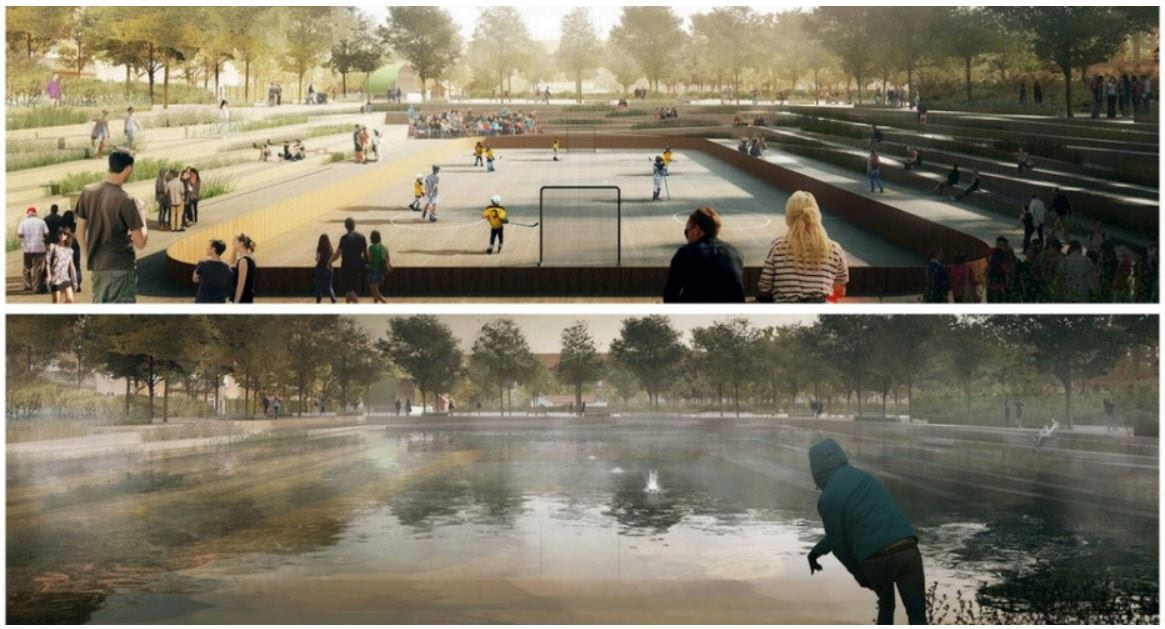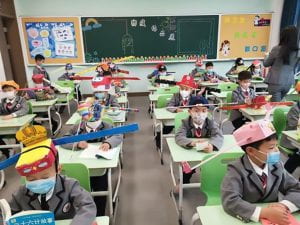Ella Howard, Associate Professor, History, Wentworth
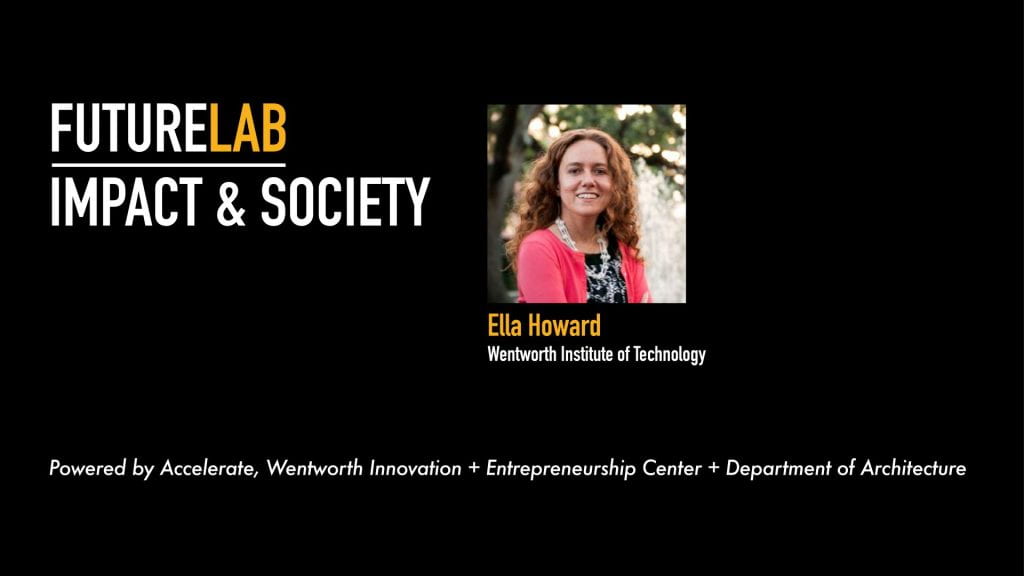
The FutureLab is kicked off with Ella Howard [Wentworth], who has deep expertise in urban renewal, suburban growth, gentrification, and the roles these played in public health in the past, and how they may reshape the future. She brings the power of historical thinking and exploration of past public health disasters to the present, what lessons were learned, which forgotten and how they can inform our current COVID-19 crisis.

